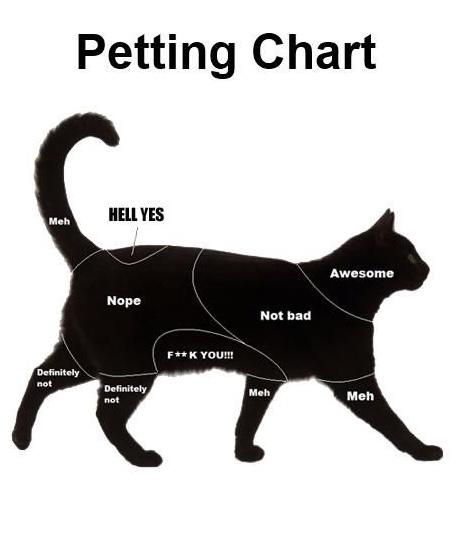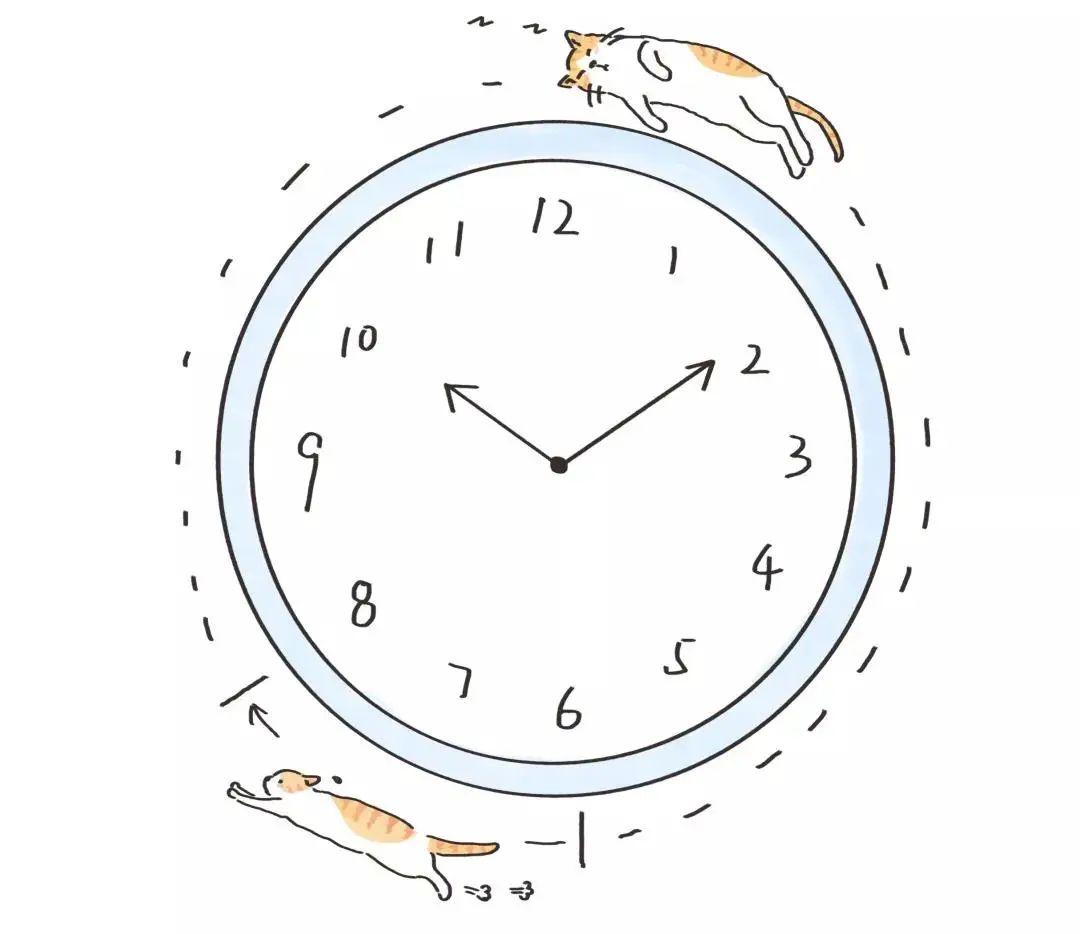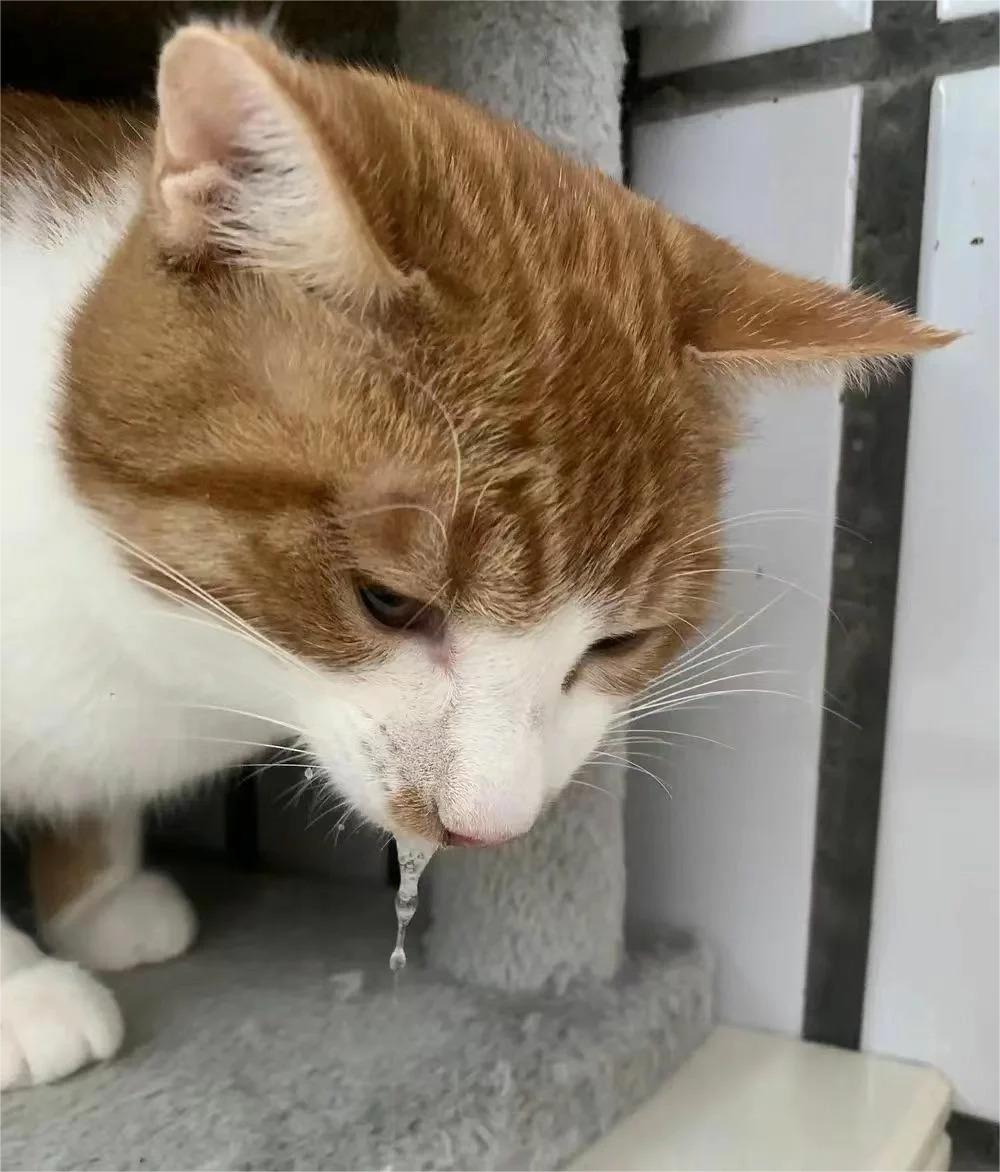**1. Why do cats lift their butts when you tap the base of their tails?**
Cats have a lot of nerves at the base of their tails, and rubbing or tapping it can cause varying degrees of pain.
However, "pain" doesn't always mean it's a bad feeling...
Just like how we sometimes feel "ticklish and comfortable" or "that spicy burn feels so good," mild pain can be pleasurable for us.
It's the same for cats. This mild stimulation can make them feel very comfortable~
**2. Why do cats lift their butts when they feel comfortable?**
Currently, there are two behavioral theories:
One suggests that cats do this to show they like you. By raising their tails and exposing their bottoms, they're releasing more of their "I trust you, buddy~" pheromones.
The other theory is that it triggers a mating body memory in cats. For example, after being tapped on the butt, female cats might pace and yowl, while male cats might reveal their small member.
**3. Why do some cats hit back when you tap their butts?**
Different cats have different sensitivities.
Some cats aren't very sensitive and actually enjoy heavy pats on the butt. The more you tap, the higher they lift their butts~
Other cats are very sensitive and even light touches make them uncomfortable! After being tapped, they might immediately "flee" or "swipe at you" to make you stop. If you really want to try, start by gently stroking the base of the tail.
**4. Which cats should you avoid tapping on the butt?**
① Overly sensitive cats: If a cat doesn't even let you touch the base of their tail, it means they're exceptionally sensitive and you shouldn't attempt to tap them.
② Cats with Feline Hyperesthesia Syndrome (FHS): Touching their backs or the base of their tails can make them frantically lick themselves, drool, meow in fear, or lose control of their bladder. This is a medical condition. If not stimulated, it won't flare up; but frequent stimulation can lead to inappropriate urination, urinary incontinence, spontaneous cystitis, and psychogenic alopecia.
③ Cats with a history of epilepsy: Epilepsy and FHS have a high overlap, so it's best to avoid stimuli that might trigger FHS or an epileptic seizure.




